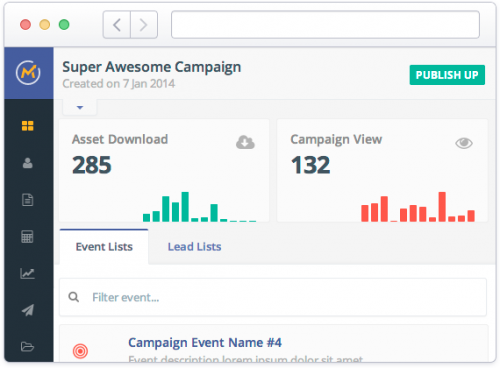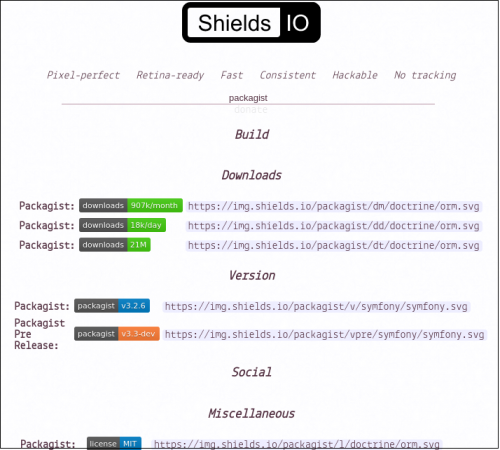I came across this article – “Dependency Management and WordPress: A Proposal“, which provides an excellent overview of some of the recent developments and discussions in the area of composer integration with WordPress, and even more generically, some of the issues around dependency management in an ecosystem as large and complex as that of WordPress.
It’s been a while since I checked what’s going on in this area. A couple of years back, I linked to an article that shows a way to use composer with WordPress, and since then I’ve built something similar for our use at work.
But it’s good to see that the problem is not tossed and forgotten, and that there are some very smart people still trying to work it out.

